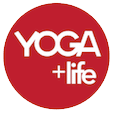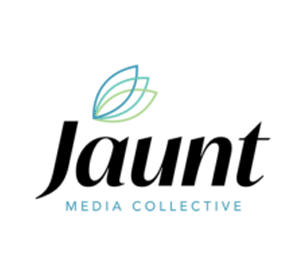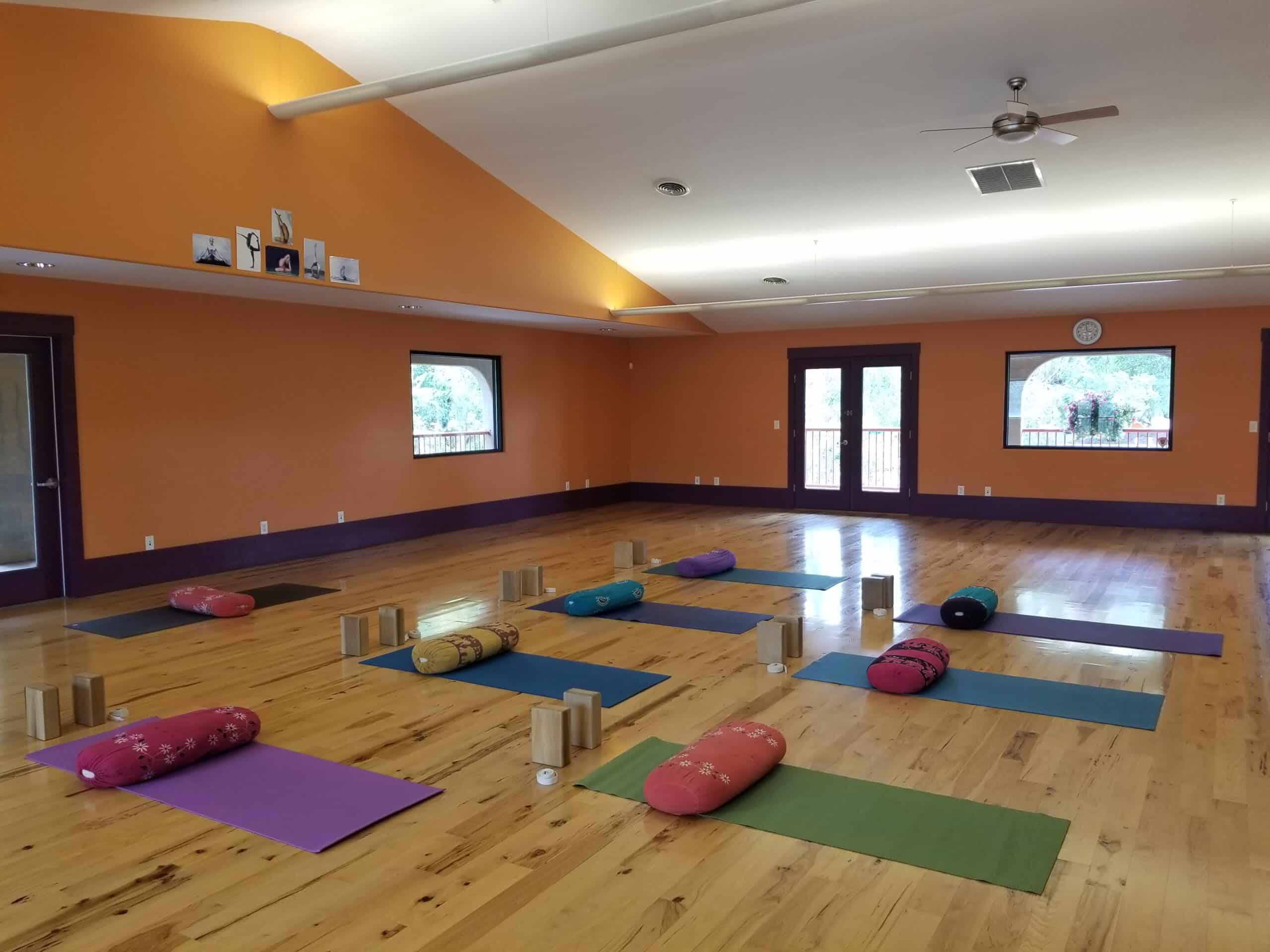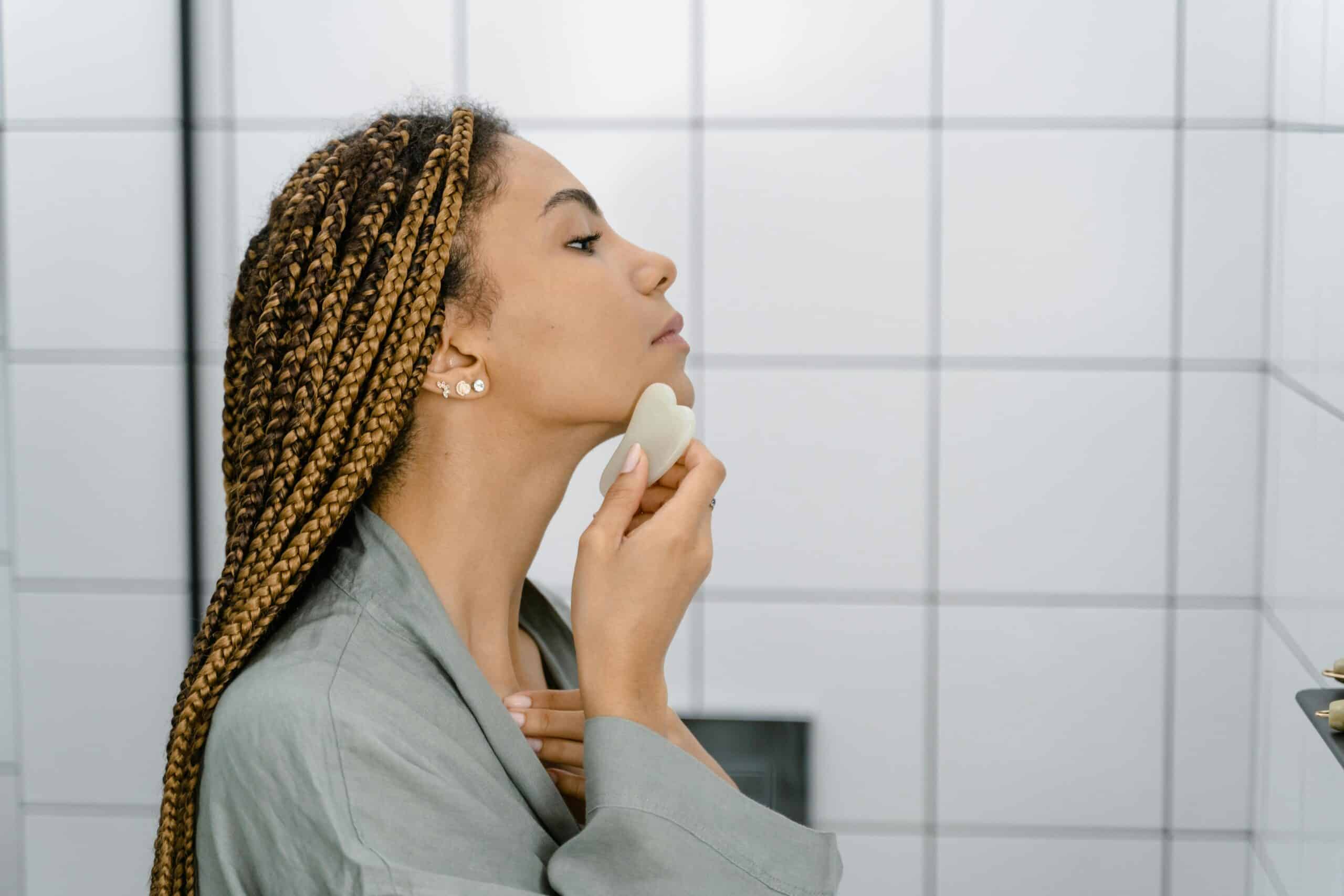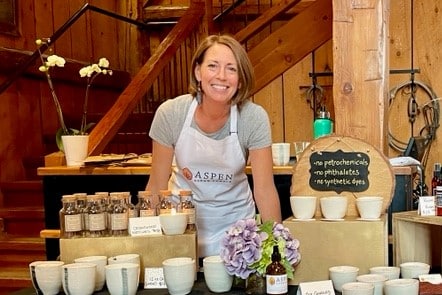Sandbox Meditations : Transforming Your Life After Kids | By Dana Wisniewski
This is article three in the Sandbox Meditations series.
Momma Meditation: “I wish I could show you, when you are lonely or in darkness, the astonishing light of your own being.” ~Hafiz. But how do we see our own light during parenthood, especially when we barely recognize ourselves?
Motherhood is this mysterious time during which we often pack lots of difficult thoughts and emotions away into a large over-size bag that we carry around with us for years. After reading a few of Pema Chodron’s books, I began to see my fear and guilt and pure vulnerability as something else.
“What we call obstacles are really the way the world and our entire experience teach us where we’re stuck.” ~Pema Chodron
I knew it was time to face some of the hard feelings about motherhood that I was pushing away. It was time that I unpack the big ol’ bag of things I was carrying around with me in the form of mental and emotional clutter. They were weighing me down. And where I was stuck. It was time that I dump the contents onto the floor and have a good look at each item I had crammed in there. And perhaps there might be lessons and treasures that could also be found in that bag.
Here’s what I had packed in my bag over the past couple of years: guilt, worry, vulnerability, boredom, frustration and fear; my inability to enjoy every minute of it; all of the pieces of my old life and the expectation that my life would go back to “normal.” But I was quickly realizing my old normal no longer existed. I knew the clothes might fit different after babies, but no one mentioned my labels and sense of identity wouldn’t fit quite the same either, almost feeling like some type of identity crisis. Spontaneous. Somewhat athletic (maybe not by the standards of Boulder, Colorado, where I live). Fun. Adventurous. Those words don’t seem to fit quite as well anymore.
I had first noticed this loss of identity while I was pregnant. My once flexible and nimble body became slow and heavy. It felt alien to me. Over the course of 40 weeks my body began to feel like a foreign country that made me long for what was once familiar and comfortable. My moods were different, my body was different. Who is this person, I wondered. Of course, I found my body to also be nothing short of amazing, growing this life within it. Just another parenting paradox that I encountered.
It had become my humpty dumpty life after I gave birth. It had fallen apart, and I had no idea how to put it back together again.
After my grandma passed away, I kept a bell with a yellow canary on it. It wasn’t an expensive item by any means, but I had carefully selected it from my grandma’s house simply because it reminded me of her. The bell was displayed in my youngest son’s bedroom dresser, but one day I found it on the ground broken. One of the boys had gotten his hands on it and had managed to break a triangle-shaped piece out of it.
With a loud exhale, I picked up the pieces and brought it down to the kitchen counter. As I sat there waiting for my glue gun to heat up, I looked down at the pieces. I couldn’t help but be reminded of my life in yoga pants. After I glued the piece back into the bell, I gave it a ring. The sound was no longer the perfect high-pitched ring. The sound had been replaced by a weak little thumping sound.
As I held my Martha Stewart hot glue gun while thinking about the pieces of my old life, I realized my life couldn’t be restored to its original version, just like the bell, that I so desperately wanted. I wasn’t getting my old life back.
This view, this perspective, wasn’t helping. It was just extra stuff I was carrying around in my big ol’ bag of emotional clutter. How can I lean into my new life as a parent? Where’s the workability, I ask myself.
I wondered, instead of focusing on the loss of my old life, could I instead just be grateful for what has been strengthened in my new one? I had just finished up an intense six-month wellness coach training program, where we learned about the growing field of psychology called Positive Psychology, which has the goal of helping people to become healthier and happier by focusing on what is working in their lives. Find their strengths, find their successes and appreciate aspects of their life that might be missed if we only focus on what’s not working.
I had read that scientists once thought our brains were these physiologically static organs, but now scientists are understanding more about neuroplasticity. This means that our brains can basically be rewired through our neural pathways as we learn new things (like how to speak Italian), develop new talents (such as playing the piano), or implement new habits (including my personal favorite, thinking more positive).
Neuroplasticity happens due to changes in our behavior, thinking, emotions, as well as our environment. We can learn to view the world differently, and only 10 percent of our happiness is determined by outside factors. The other astounding 90 percent of happiness is determined by what’s going on inside of us.
Humans also have a natural negativity bias that developed over the course of our evolution to help us avoid dangerous situations. We were prone to remember the negative things to help us survive, but that was not serving me well in my life as a mom. But since our brains have this neuroplasticity, we can learn how to rework our reality, including our negativity bias, through our behaviors, thoughts and emotions.
And then one morning, I decided that it was time to leave this bag behind. I realized that I had to stop trying to fit into my old life and instead fully step into my new one that was all around. I had labeled it a stage, a stepping stone along the path, which are both partially correct, but it was also MY NEW LIFE, even when at times when I wanted to run, well truth be told, sprint, far, far away from it. My new life, complete with a fancy new title of “Mom.”
As I sat at my kitchen table at sunrise, enjoying a few moments of quiet and coffee before the frenzy would start, I decided to apply this thinking to my own life. Instead of only seeing the loss of myself, my inability to enjoy every minute of it, or what I think are my failures as a parent, I tried to see what new strengths or success had emerged. I wanted to write a new story.
Instead of only seeing the loss of myself, my inability to enjoy every minute of it, or what I think are my failures as a parent, I tried to see what new strengths or success had emerged. I wanted to write a new story.
Of course I have two beautiful boys, I thought, that one was easy. And slowly I started my list: I’m a bit more genuine, more real. I’m less likely to hide the fact that I don’t have it all together. For me that was being vulnerable and brave.
I’m able to apply my own strengths, like finding beauty and finding humor, to more aspects of my life. And I had no idea that I had the ability to love as much as I did after kids. And I was maybe becoming a little less selfish and a little more patient. Even though there were times that I would multi-task like a crazy person, there were also times I could just slow down and settle into a moment with my boys while snuggling or playing outside.
I was understanding that humor, humility, grace and each other are all essential to revealing the magic of life and motherhood. And I was realizing that there was plenty more for me to learn if I simply started paying more attention.
To overcome the negativity bias, there’s a concept called “Three Good Things” described by the psychologist Martin Seligman, Ph.D., who has come to be known as “the father of Positive Psychology.” The idea is that each night, take a few minutes to reflect on three good things in your life. Write them down and think about why they happened. It’s that simple.
As you begin to look for these good things in your life, you create a habit of looking for the good. Gratitude is a concept that is highlighted in all of the world’s great religions and now science is starting to realize the effect the gratitude has on our lives.
In many cultural or religious traditions, you get a new name during a ceremony, symbolizing a transition or recognition of change or growth. In Buddhism, there’s a Dharma name given by the teacher to the student. I decided that “Mom” was my Dharma name bestowed to me by my two toddlers that seemed to enjoy pushing my buttons to watch me squirm, grow, and learn.
I had stumbled upon one of the greatest truths of parenthood, another paradox. Maybe it’s both a loss and a transformation, a rebirth. Sometimes we need to release parts of ourselves in order to receive the new version of ourselves, to grow a lotus from the mud.
As far as I can tell, this new version is a pretty good one, although far from perfect. But there was magic in this realization. Making that shift in perspective is a magic maker. Looking at what we are carrying around in our big ol’ bags and being brave enough to set it down and lighten our load, even for a while, is also a magic maker. It lets you see new possibilities that weren’t even on your radar.
I saw for the first time that on the day I gave birth, there were two new lives to be celebrated. Two new lives that I was bringing home. One was my son, and the second was this different version of me. I’ve found this new life contained in the loss of my old one.
This process of birth really is a miracle; it gives us beautiful babies but also a different version of ourselves, a widened and expanded version, and no I don’t mean in the hips, but within our hearts and minds. When our identity falls apart, how we’ve labeled and viewed ourselves for so long, there’s a new space that emerges — one that’s open to the new possibilities of life and lessons and who we really are. We really are broken open.
My quiet and coffee had been replaced with cries from their cribs letting me know the kids were waking up and the day was kicking into a higher gear. But I couldn’t help but notice that a lotus seemed to be emerging from the mud, and I was realizing that motherhood was just one more classroom of life. Maybe I was seeing a glimpse of the light that Hafiz so elegantly spoke of.
Photo by Dana Wisniewski.
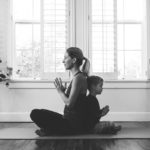 Dana Wisniewski is an author of The Yoga Pants Years , co-owner of Live Heavily Meditated and mother. She lives just outside of Boulder Colorado with her husband and two boys. Dana also does free-lance writing as well as print and web design. Visit her at danawisniewski.com/. She has worked extensively in corporate wellness for the past 15 years, and has developed employee wellness programs – specifically mindfulness programs – for Colorado’s Jefferson County Public Schools’ employees and City of Boulder employees.
Dana Wisniewski is an author of The Yoga Pants Years , co-owner of Live Heavily Meditated and mother. She lives just outside of Boulder Colorado with her husband and two boys. Dana also does free-lance writing as well as print and web design. Visit her at danawisniewski.com/. She has worked extensively in corporate wellness for the past 15 years, and has developed employee wellness programs – specifically mindfulness programs – for Colorado’s Jefferson County Public Schools’ employees and City of Boulder employees.Introducing the Botanica beeswax jar candles, a pure concoction of raw beeswax and essential oils, no more, [...]

Subscribe to Our Tribe
Stay up to date with Y+L News, Events and special announcements.
